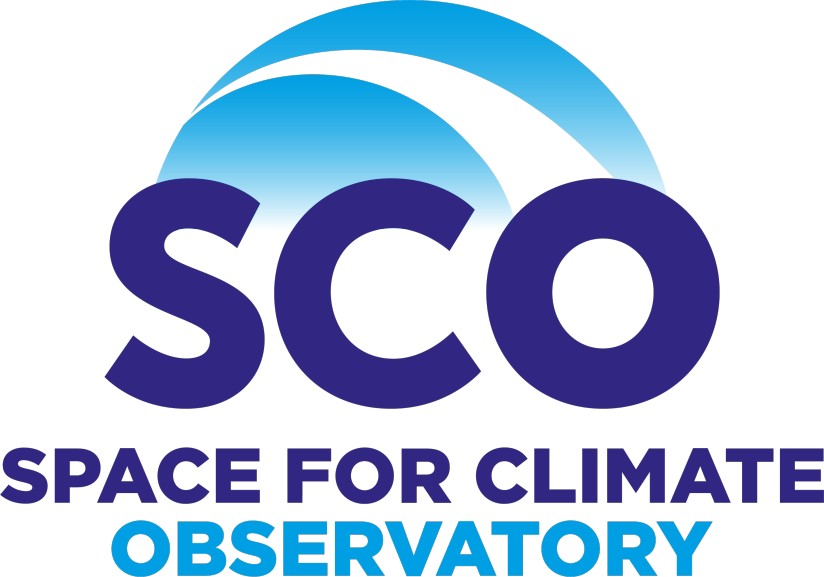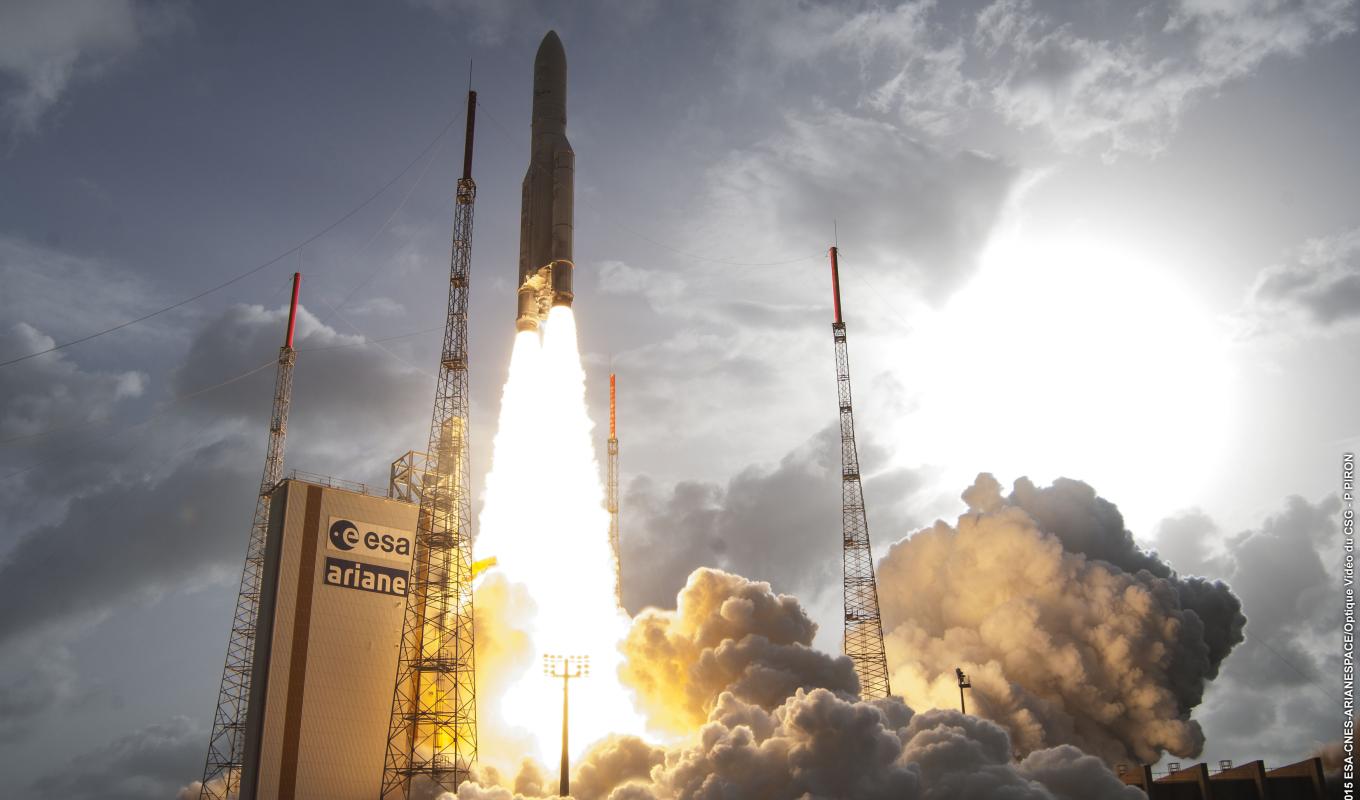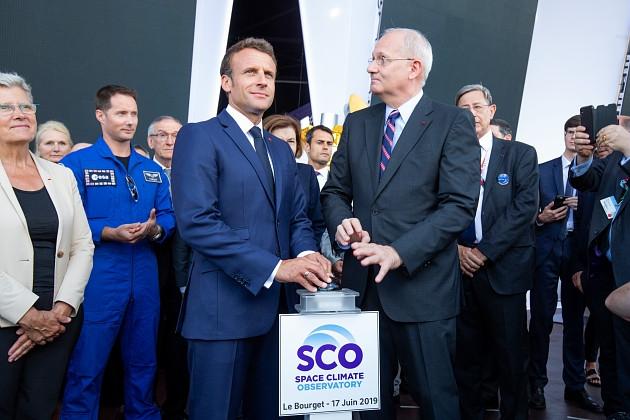The Space for Climate Observatory (SCO) provides tools to study and monitor the impacts of climate change at the local level by combining data from satellite observations with other sources.
Earth Observation data is an essential tool for ensuring the observation of phenomena linked to climate change (drought, floods, pollution, etc.). The Space for Climate Observatory aims to enhance the use of this data to improve knowledge about the state of our planet and make them available to the most vulnerable.
It has three major objectives:
- Establish tools to support public decision-making;
- Improve communication with stakeholders: general public, researchers and academics…;
- Contribute to the objectives of sustainable development.
The first goal of the SCO is to facilitate dissemination of relevant, timely and reliable data, as well as information on the national and regional impacts of climate change, using space technologies, targeted measurements and models cross-correlated with socio-economic data. The goal is to develop impact scenarios, projections on how territories are likely to evolve and how populations will be affected to help decision-makers meet the challenge of devising coping strategies. Based on the principle of pooling existing data generated by international programmes (Copernicus, NOAA, Eumetsat, etc.), the SCO supports interoperability with local socio-economic data (on populations, urban development, protected areas, linear and local infrastructures, etc.) to give decision-makers a precise analysis of their territory’s vulnerability. The SCO is geared towards supporting projects designed to give authorities an operational tool tailored to their specific needs. Such projects are led by public-private consortia that guarantee the quality of data provided and aim to sustain services in the long term. The SCO is the first initiative of its kind to offer tangible assistance to territories by leveraging satellite data to tackle climate change.
42 signatories
The international SCO today brings together 27 space agencies and international organizations - which account for 53% of CO2 emissions, - and 15 French public institutes related to climate change, and counting.
The goal of the consortium is to deploy projects around the world by 2025 impacting one billion inhabitants in vulnerable areas.
67 projects are currently underway or in start-up involving nearly 420 millions of people around the world.
The SCO operates through projects that respond to a specific need of communities and provides them with operational tools to answer it. The projects are managed by public/private consortiums that ensure the quality of the data mobilized and provide for the sustainability of the services rendered.
The SCO is being deployed locally at varying scales according to the capabilities of nations and regions around the globe. There will thus be national Space Climate observatories in India, China, Mexico, Gabon, Sweeden, Slovakia, Morocco and so on. France already has its own SCO in 2019 (more information https://www.spaceclimateobservatory.org/fr/sco-france).
All national SCO offshoots are supporting the emergence and labelling of new projects within the guidelines set out by the international SCO. They are supplying expertise and network to propose operational tools for authorities and end-users.
The SCO currently has 67 labeled projects in its portfolio, in all regions of the world, on all subjects relating to climate change (agriculture, urban planning, biodiversity, coastal issues, etc.). An annual call for projects broadens its field of action.
Find out more
The SCO was officially launched by President Emmanuel Macron at the Paris Air Show on 17 June 2019. On this occasion, 23 space agencies and international organizations (European Space Agency, United Nations Office for Outer Space Affairs, United Nations Development Program) signed a Joint Declaration of Interest to bring the observatory into being, joined by over 15 countries in just a few months.
Since 2019, ten Steering Committees have led to the adoption of the Terms of reference and its short- and medium-term roadmap. The two-year goal to set up an international charter governing how the SCO operates and how its signatories will contribute to it was enshrined in a multilateral agreement. Entering into force on September 1st 2022, the founding Charter of the SCO has already been adopted by 42 signatories.
The Space for Climate Observatory : www.spaceclimateobservatory.org/








